Given this Substack is called Strange Comforts, maybe I don’t describe enough things that are straightforwardly comforting, like dogs running through green fields. The times are dark and when I look for comfort viewing (e.g. rom-coms) it often feels a bit strained. One Day was properly good - the dialogue, the detail. If you want people who feel real, falling in love imperfectly, you should watch One Day. I also watched part 1 of season 3 of Bridgerton, partly for research (I’m teaching an Austen literature course soon, and Bridgerton is basically Austen-inspired erotica). It was - fine? I liked Nicola Coughlan as an acidic wallflower and Claudia Jessie playing a proto-feminist Elizabeth Bennet type slowly dying of boredom. The only man with an actual personality is Benedict Bridgerton and he’s barely in this season. It mostly feels made for viewers who have a massive house fetish or find posh boys automatically exciting, but I did appreciate Queen Charlotte’s swan wig, which was ridiculous and incredible. It had motorised swans inside it? It delivered.
Anyway… Here are some things I admired in May…
London Tide at the National Theatre
This theatre adaptation of Dickens’ last completed novel, Our Mutual Friend, with songs by PJ Harvey & Ben Power, achieves what I thought was impossible and makes Dickens kind of sexy. It does this by giving his characters (specifically, his female characters) more interiority. Dickens is a master of the gothic, which in his work tends to manifest in characters who are partly-known even to themselves. The self is uncanny in Dickens, so his main characters are often wanderers, driven to restless movement (as Dickens was himself) without understanding what drives them. Henry James wrote, with some insight, that ‘it is one of the chief conditions of his genius not to see beneath the surface of things.’1 The main character in Our Mutual Friend is London itself - the depths lie in the landscape. The river (associated with both commerce and death) shapes everything and haunts everyone who touches it. Yet the performances here also breathe individual life into Dickens’ women. The songs, especially a stirring ballad in the second half, really made me believe in the growing desire between Bella Wilfer and John Harmon, a man who is a sort of living ghost in the narrative. So the meeting of PJ Harvey’s own gothic sensibility with Dickens’ creates a production that’s more than the sum of its parts. I also enjoyed an Eastenders-style ‘get out of my pub!’ scene, and a character who dredges the river for corpses striding around the stage wrapped in a rope like he was engaging in some form of light bondage; it’s not all serious. But this show understands the loneliness, poverty and unease running through the heart of Our Mutual Friend. It captures the power at the core of Dickens’ sprawling book.
Camilla Grudova, Children of Paradise
Staying with the gothic theme, Camilla Grudova’s charismatic substack made me go and buy her book. Children of Paradise is a gothic novel inspired by working in cinemas. I have never read an author (aside from maybe Dickens, in fact) who finds so many ways to describe mess and grime; she’s immersed in the physicality of these kinds of jobs where you’re constantly wrist-deep in other people’s dirt. She combines this sensory realism with the hallucinatory setting of the Paradise, a haunted indie cinema which, vampire-like, kills several of the people who work inside it. There may well be a message in there about low-wage work/capitalism in general, though that also feels like too neat a meaning to place on the dreamlike world of the novel; the workers are fond of the Paradise despite its murderous aspects, and their counterculture is threatened when it’s absorbed into a larger corporate chain. The result is a bit like David Lynch mixed with Leonora Carrington and Black Books, full of unnerving mortality and macabre humour. In short she is a filth wizard and I enjoyed reading Children of Paradise in a way that felt a bit perverse. Her short story in Granta was also brilliant.
Heda Margolius Kovály, Under a Cruel Star: Life in Prague, 1941–1968
I won’t call this book comforting because it isn’t. It is incredible though. I read it in two sittings but it contains enough experience for several lifetimes. Politics/history/any subject you can name soon stops making sense to me in the abstract, without understanding how it is lived. Heda Margolius Kovály survived both the Holocaust and the first decades of the Soviet Union in Prague, and writes with vivid directness about that history as she saw it. She moves rapidly through the horrors of the death camps, though what she shares is astute and psychologically telling (we glimpse those she lost non-sequentially, in brief flashes, as though she can’t bear to look back). With some other women, she breaks free one night on the long march to Bergen-Belsen, relating this escape in an almost offhand way, as just what anyone would do in the same situation. Her account of looking for shelter amongst old friends and acquaintances in Prague, mostly being turned away, finally making contact with members of the Resistance, is gripping. Much of the second half explores her experience of Stalinism, with its climate of fear, threats, evasions, corruption and lies. She describes with grim amusement how the people around her self-police what they talk about and perform ‘acceptable’ (and false) working class identities, the dishonesty and masking created by fear. Her husband Rudolf Margolius is made a high-ranking member of the government before being set up in the Slánský Trial and executed for crimes he did not commit. It’s a book of horrors, yet despite everything, she believes in democracy and the possibility of politics without repression. It’s also beautifully written, with one of the best opening pages I’ve seen in a book:
Henry James, ‘Our Mutual Friend’, The Nation, 21 December 1865 (pp. 786-7). https://omf.ucsc.edu/publication/reviews/henry-james.html




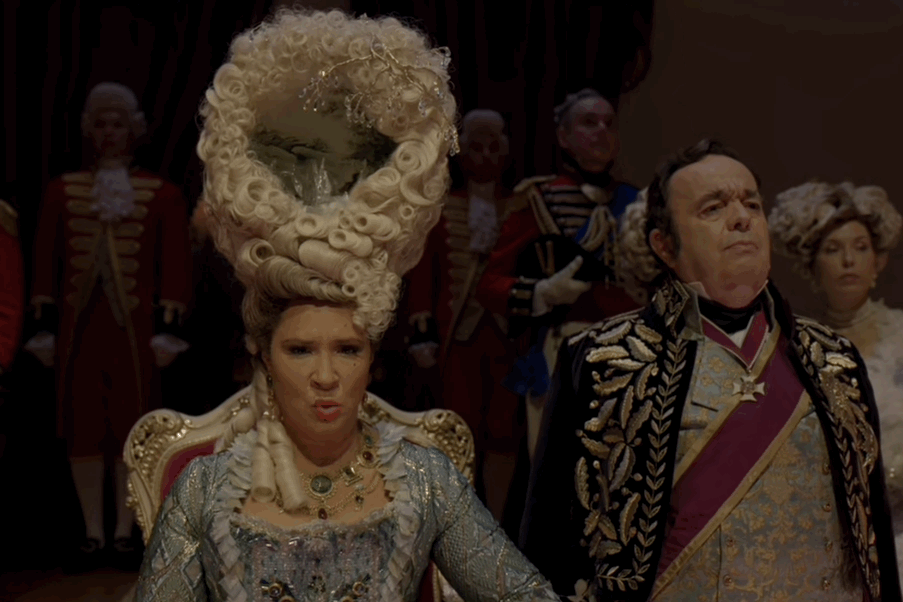
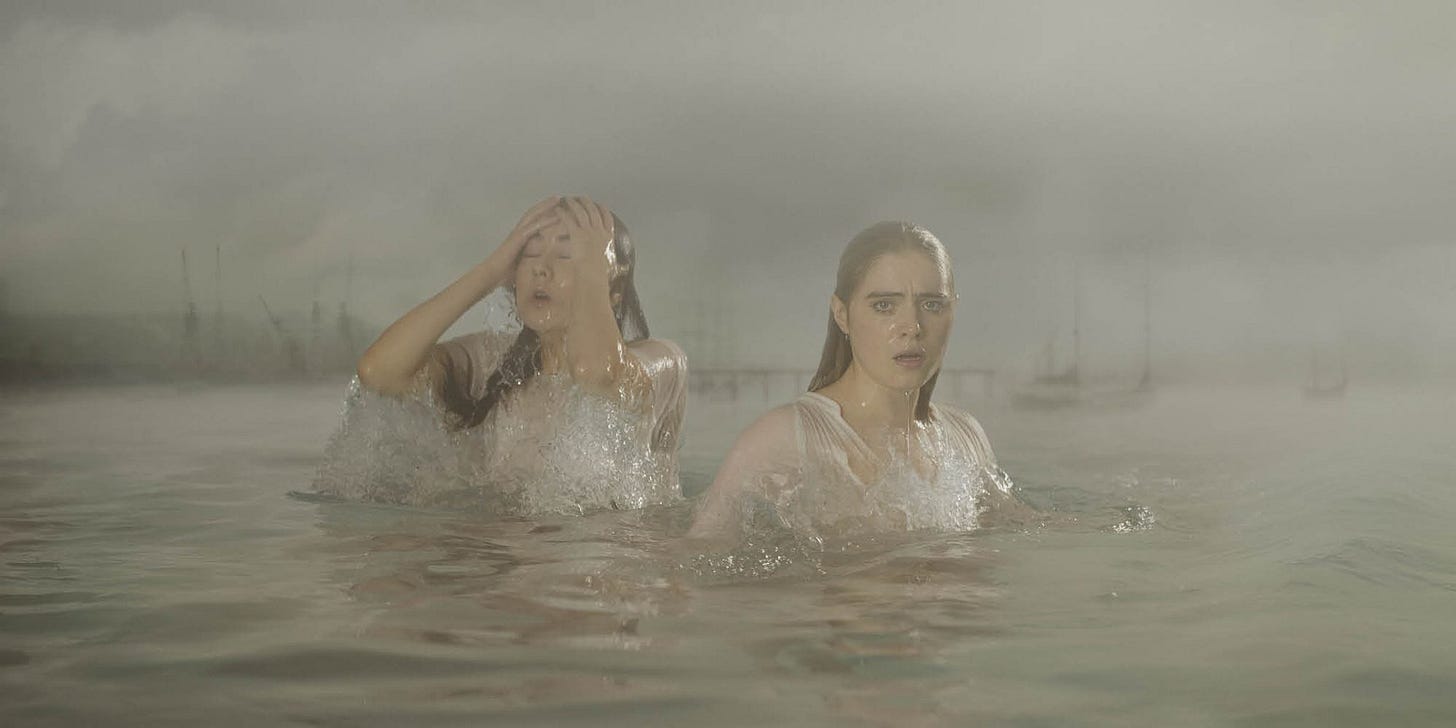
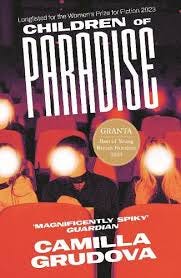
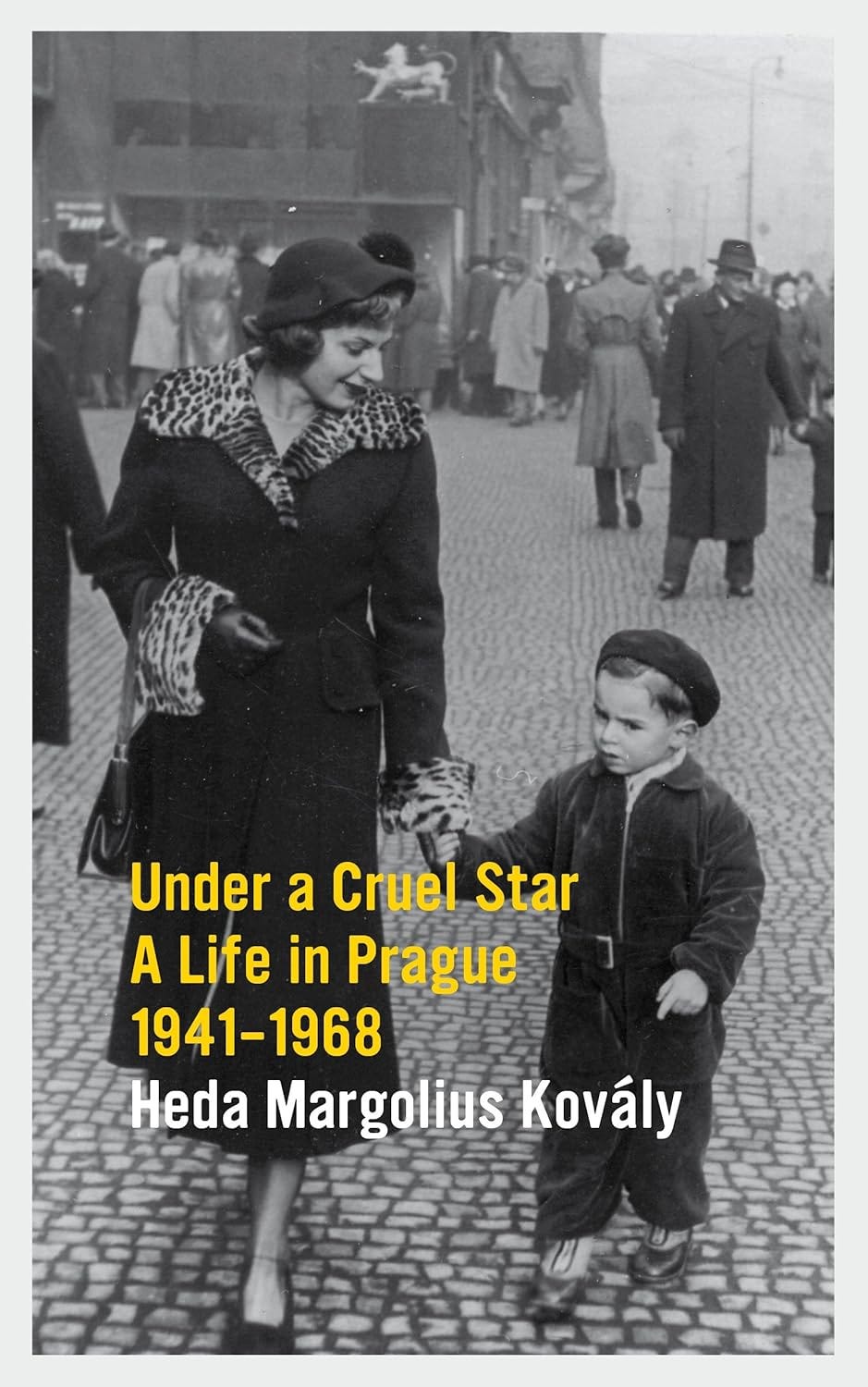
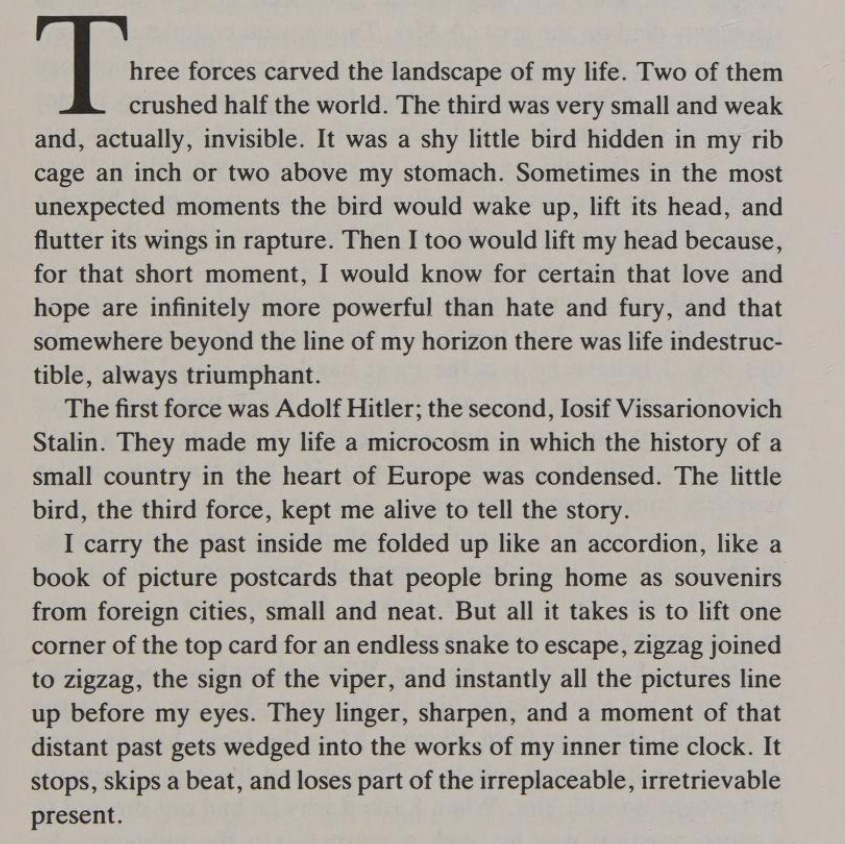
Ooh yes, "filth wizard" is exactly right. I felt the visceral stickiness of the cinema after reading Children of Paradise, needed to wash my grubby hands! What an evocative novel.